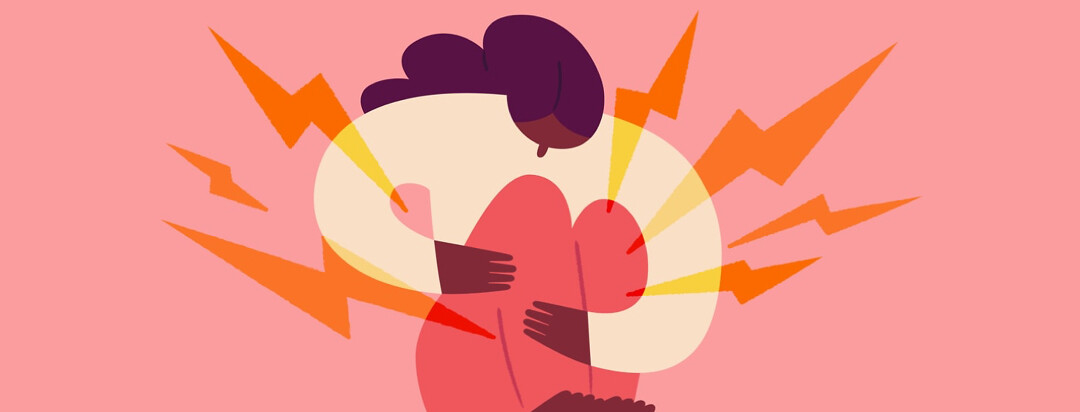Yes, Restless Legs Can Be Painful
Restless legs syndrome (RLS) causes an uncontrollable desire to move your legs. It affects as many as 1 out of 10 people in the United States. RLS is often described as “unpleasant” or “uncomfortable.” But, for many, RLS is painful.1
How common is pain with RLS?
A 2019 study looked at 55 people with RLS. People in this study were asked to describe their RLS symptoms and report whether they had pain. The study used 2 tests to measure how severe the RLS symptoms were. One test was a Pain Rating Index (PRI). The other test was the International Restless Legs Syndrome Severity Scale (IRLS).2
More than 1 out of 3 people in this study said they had painful RLS symptoms. Those with painful RLS had higher scores on the PRI test. They also had higher scores on the IRLS test. They used the following pain-related terms to describe their pain:2
- Aching
- Painful
- Cramping
- Unbearable
People with painful RLS described it as more intense compared with those without painful RLS. Other studies have found that as many as 3 out of 5 people with RLS have painful symptoms.2,3
Why do some people have painful RLS?
Doctors are trying to learn more about painful RLS. It is known that some people with RLS have hyperalgesia. This is a condition that makes you very sensitive to pain. Changes or damage to nerves may cause hyperalgesia. More work needs to be done to understand the link between hyperalgesia and RLS.3
What are the treatments for painful RLS?
There are many lifestyle changes that may lessen painful RLS symptoms. These include:1,4,5
- Exercise
- Good sleeping habits
- Limited intake of caffeine, tobacco, and alcohol
- Heating pads or warm-tub soaks
- Cold compresses
- Massages
- Stretches
- Compression devices
Drugs can also treat RLS symptoms. These may include:1,4,5
- Magnesium or iron supplements
- Drugs like ropinirole that increase a brain chemical called dopamine (dopamine agonists)
- Anti-seizure drugs like gabapentin and pregabalin
- Anti-anxiety drugs (benzodiazepines) like lorazepam
- Opioid drugs for pain
Gabapentin or pregabalin may be especially useful for treating painful RLS. For those with hyperalgesia, doctors are studying botulinum toxins (sometimes called Botox®) to see if they can block RLS pain. A 2021 study showed receiving shots of botulinum toxins did lessen painful RLS symptoms. But this treatment is new, and more research is needed to see if it is safe and effective.3,6
What are other conditions with symptoms like RLS?
There are many health conditions that can cause pain and symptoms like RLS. If you have RLS symptoms and/or pain, your doctor may do testing to find the underlying cause.4,7
Akathisia is a condition that is like RLS but is linked to antipsychotic drugs. It is caused by a problem in the part of the nervous system that controls unconscious actions like breathing. When those with akathisia sit down, they feel restless. This can be painful, and muscles can feel like they are quivering. Akathisia happens throughout the day but usually only when sitting.4,7
Parkinson’s disease (PD) is another condition that can copy RLS. It can cause leg muscles to be restless. This can look similar to RLS symptoms. PD can also cause pain.4,8
PD and RLS are both linked to unusual levels of a brain chemical called dopamine. Dopamine is important in controlling muscle movement. Both conditions can be treated with drugs that raise dopamine levels in the body. But these 2 conditions have different underlying causes.4,6
There is still a lot to learn about RLS pain. Pain affects us all differently. It can make it hard to live the life you want to live. Talk to your doctor if you have painful RLS. Your doctor can work with you to create a treatment plan that fits your needs and manages your pain.4,7

Join the conversation